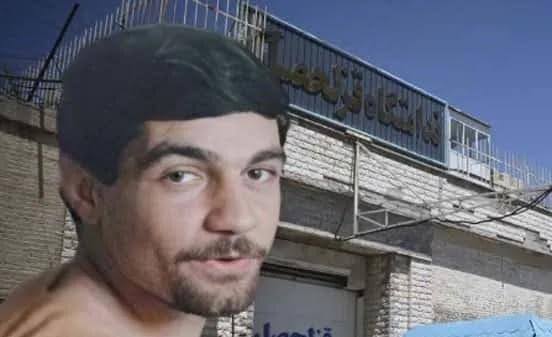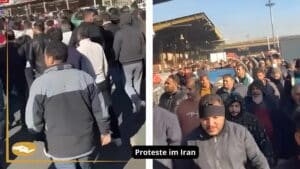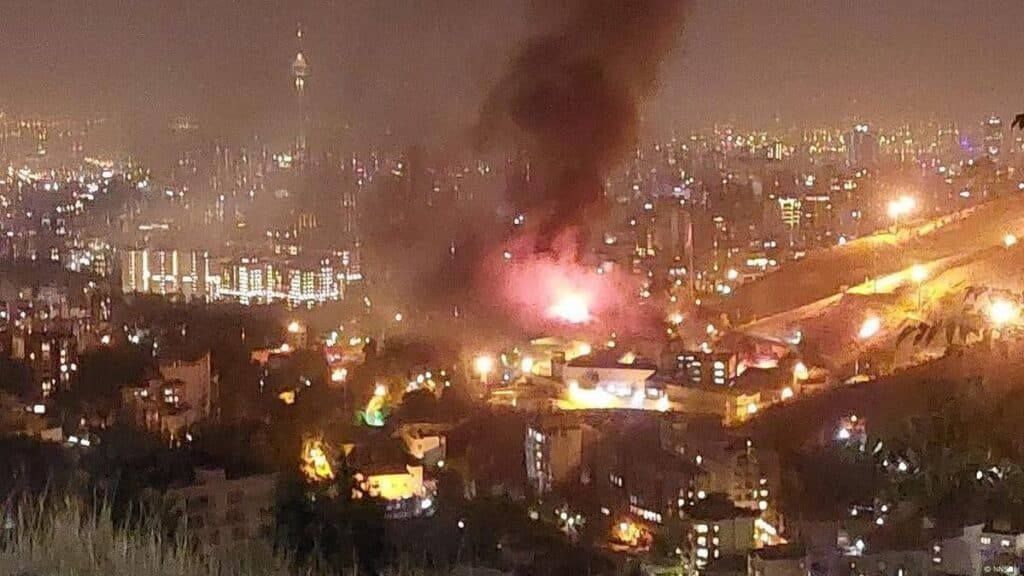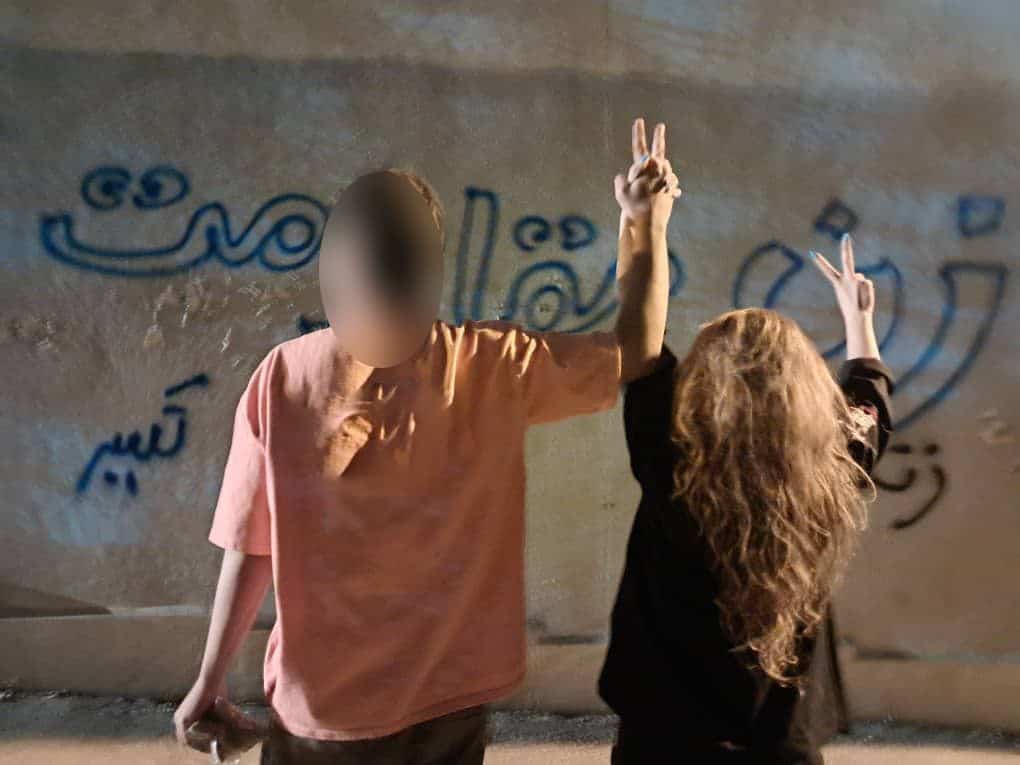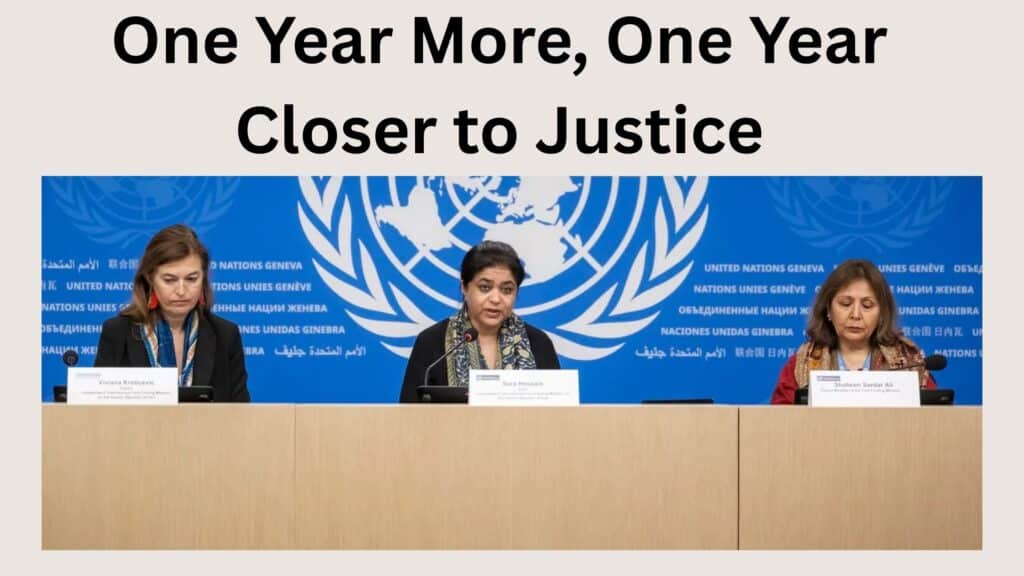“Let the World Hear!” Iranian Prisoner Saeid Masouri Exposes Regime’s Execution Machine”
“Let the world hear that a crime is taking place and that there is resistance against it!” These powerful words echo from Saeid Masouri, a political prisoner who has endured over 25 years in Iran’s notorious prisons without a single day of furlough. From Qezel Hesar Prison in Karaj, Masouri has penned a harrowing letter, bravely exposing the hidden and horrific process of executions and systematic repression in Iran. Addressed to the UN High Commissioner for Human Rights and Special Rapporteur Mai Sato on June 10, 2024, his letter is not just a cry for justice, but an urgent warning about the potential recurrence of atrocities chillingly similar to the 1988 mass execution of political prisoners.
Exposing the ‘Hidden Preludes to Crime’
Drawing on decades of brutal personal experience, Masouri meticulously describes the inhumane process by which executions are transformed into a tool for suppressing dissent. Referencing an alarming figure of over 170 executions in May 2024 alone, he asserts that these acts stem from sham trials and fabricated cases. These injustices, he claims, are meticulously orchestrated by powerful security institutions such as the Ministry of Intelligence and the Intelligence Organization of the Islamic Revolutionary Guard Corps (IRGC). Masouri highlights that judicial processes—from brutal interrogations to rigged court hearings—are mere formalities. Their sole purpose, he reveals, is to legitimize these crimes, with life-and-death decisions shockingly made in interrogation rooms, not courtrooms.
A central and deeply unsettling aspect of Masouri’s letter is his stark warning about the alarming similarities between the current wave of executions and the horrific massacre of political prisoners in 1988. He writes, “The issue is not about transfer or non-transfer of prisoners; it is solely about suppression, more suppression and even more suppression, with an insistence on more killings and executions! Just as happened in 1988, there is a fear that history is repeating itself in a different language and manner.” Masouri notes that, in 1988, these atrocities were carried out by the “Death Committee,” while today, the brutal policy of “fire at will” serves the same murderous purpose. He describes this horrifying escalation of executions as “not a sign of strength, but an admission of the regime’s desperation in the face of truth and the people’s will,” and as a desperate attempt to mask the “depth of penetration, decay, and structural collapse” of the Iranian system.
Resistance against silence: why Masouri refused transfer
Masouri profoundly explains his decision not to be transferred to another place of exile. He clarifies that his stance is not driven by fear of relocation or the illusion that a few prisoners can single-handedly stop these illegal acts. Instead, he is taking a powerful stand to ensure that atrocities akin to those of 1988 do not occur in silence and obscurity. He powerfully emphasizes that his resistance is specifically intended to expose these crimes “before the eyes of history and awakened consciences.” This extraordinary act of defiance sends an undeniable message to the world: the widespread executions in Iran are not a display of power; they are a desperate, brutal attempt to preserve a crumbling regime.
Psychological toll and humanizing the victims
Masouri’s letter vividly recounts the devastating psychological and emotional toll inflicted upon prisoners and their families. He shares the haunting, heartbreaking image of a six-year-old child’s drawing depicting themselves and their mother standing beside their father’s gallows. These agonizing accounts transform the victims from mere statistics into individuals with real stories, shattered dreams, and lives lived in the perpetual shadow of execution. He starkly describes Qezel Hesar as a “slaughterhouse,” where the agonizing cries of families echo as their loved ones are cruelly taken to the gallows.
A call for urgent action
Saeid Masouri implores international bodies to move beyond mere condemnations and to take concrete, decisive steps to stop these ongoing atrocities. He stresses that inaction unequivocally equates to complicity in these heinous crimes. His urgent call comes at a time when executions in Iran have become a systematic tool to brutally suppress protests and eliminate dissent, drawing horrifying parallels with the Auschwitz death camps, where fair trials were an unheard-of concept.
Join us in stopping this crime!
Saeid Masouri’s bravery in exposing these horrific truths demands our immediate attention and action. We cannot allow history to repeat itself in silence.
- Amplify His Voice: Share Saeid Masouri’s letter and story widely. Use your platforms to spread awareness about the systematic executions and repression in Iran.
- Demand Accountability: Urge the UN High Commissioner for Human Rights and relevant Special Rapporteurs to take immediate, robust action based on Masouri’s testimony. Contact your government representatives and demand they exert diplomatic pressure on Iran.
- Support Those on the Front Lines: Organizations like Verein Welle are working tirelessly to expose these crimes and advocate for political prisoners. Your support is crucial to their life-saving work.
Let us stand in solidarity with Saeid Masouri and all political prisoners, ensuring that their cries for justice are heard around the world.
